Actor Emilia Clarke is opening up about the harrowing experience she had with suffering two brain aneurysms in 2011 and 2013.
The star, best known for her role as Daenerys Targaryen in the HBO series Game of Thrones, shared the story during a recent interview with the BBC's Sunday Morning, describing the "most excruciating pain" she endured.
But Clarke's battle with her condition went far beyond pain. She also revealed that there's "quite a bit missing" from her brain due to cognitive damage she sustained, which she told the BBC is rarely survivable.
See her comments below.
\u201c"The amount of my brain that is no longer useful, it is remarkable that I'm able to speak and live my life normally. I'm in the really small minority of people who can survive that."\n\n\u2014 Emilia Clarke for BBC One.\u201d— Emilia Clarke Updates (@Emilia Clarke Updates) 1658066918
Speaking to the BBC's Sophie Raworth about the ordeal, Clarke said:
"The amount of my brain that is no longer usable—it's remarkable that I am able to speak, sometimes articulately, and live my life completely normally with absolutely no repercussions."
"I am in the really, really, really small minority of people that can survive that."
Clarke also described the startling experience of receiving brain scans and seeing just how much damage had been done to her brain by the aneurysms.
An aneurysm is a bulge in brain arteries that can rupture and cause impacts similar to strokes caused by blood clots.
"Strokes, basically, as soon as any part of your brain doesn't get blood for a second, it's gone."
"So, the blood finds a different route to get around, but then whatever bit is missing is therefore gone."
Clarke's battle began during shooting of the first season of Game of Thrones, when the first aneurysm occurred while she was at the gym.
Her ordeal continued for years as complications necessitated increasingly invasive surgical procedures, including what Clarke called "the old-fashioned" type—sawing through her skull to access her brain in order to save her life.
On Twitter, people applauded Clarke for speaking so candidly about her experience.
\u201c@emiliacupdates LOVE that she has the courage to tell her story, and grateful she is showing this industry that a woman can still be a viable asset, even with medical challenges. Important for our industry to see MORE of this and open their minds to more possibilities. @EmiliaClarkeTM\u201d— Emilia Clarke Updates (@Emilia Clarke Updates) 1658066918
\u201c@emiliacupdates I love it when people are incredibly lucky and/or benefit from modern medicine and make it out as a personal triumph over dastardly odds .\u201d— Emilia Clarke Updates (@Emilia Clarke Updates) 1658066918
\u201cEmilia's being modest. Being this active and normal after two brain aneurysms is a seven-billion-to-one divine miracle. This is one very powerful woman.\u201d— Shaurya Chawla (@Shaurya Chawla) 1658093657
\u201cReminder that Emilia Clarke is one of strongest, kindest souls on this earth and deserves the world\u201d— Okiro (@Okiro) 1658171813
\u201cEmilia Clarke\u2019s story is a reminder to us all to please be thankful for what you have & what you are physically capable of doing in your life. Really glad to hear that she\u2019s ok & still with us!\u201d— Jeff Rothman \ud83c\udf3b\ud83c\udfd2\u26be\ufe0f (@Jeff Rothman \ud83c\udf3b\ud83c\udfd2\u26be\ufe0f) 1658144669
\u201cEmilia Clarke seems like the kind of person who would be everyone\u2019s favourite friend. What a story. Good gracious.\u201d— Dan Layton (@Dan Layton) 1658156606
\u201cits incredible important to have such a prominent disabled actor, with a global platform\nwho is routinely vocal about her experiences.\u201d— \ud83c\udf27\ud83c\udf29\ufe0f (@\ud83c\udf27\ud83c\udf29\ufe0f) 1658196904
\u201chardcore like the khaleesi she is.\u201d— nut\u2606\u00b0\u2022\ud83c\udf20 (@nut\u2606\u00b0\u2022\ud83c\udf20) 1658163266
\u201cIt's actually insanely remarkable how well she is to have survived not one, but two brain aneurysms.\u201d— Maggie Lovitt (@Maggie Lovitt) 1658094245
\u201cEmilia Clarke has done a great thing by increasing awareness of brain aneurysm in young adults. She is saving lives.\n\nMs Clarke is a force of nature. Along with the charity she created, she is a very powerful force for good.\n\nWatch her change the world.\u201d— Mountford Bros. Ltd (@Mountford Bros. Ltd) 1658204604
Despite the terrifying experience, Clarke has decided to use the experience for good.
She began a charity to support stroke and aneurysm patients with emotional, mental health and cognitive recovery services and to help patients recognize that though their brains have changed, they are still the "SameYou," as the charity's name puts it.




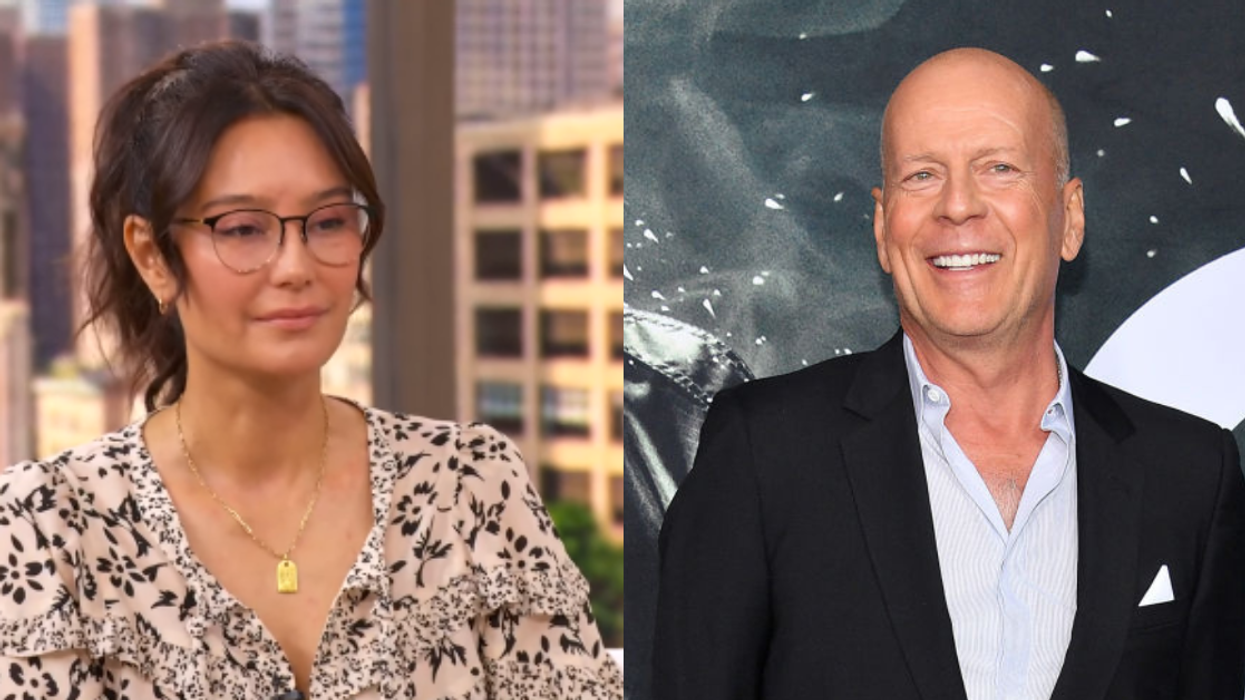

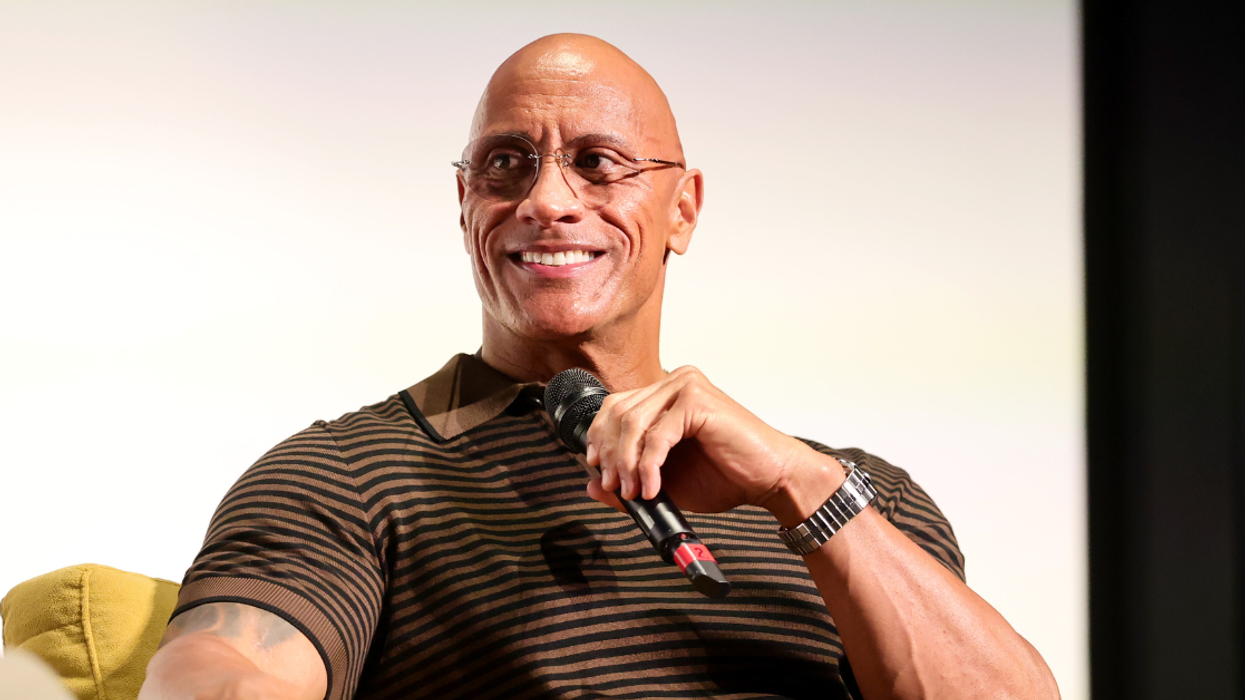





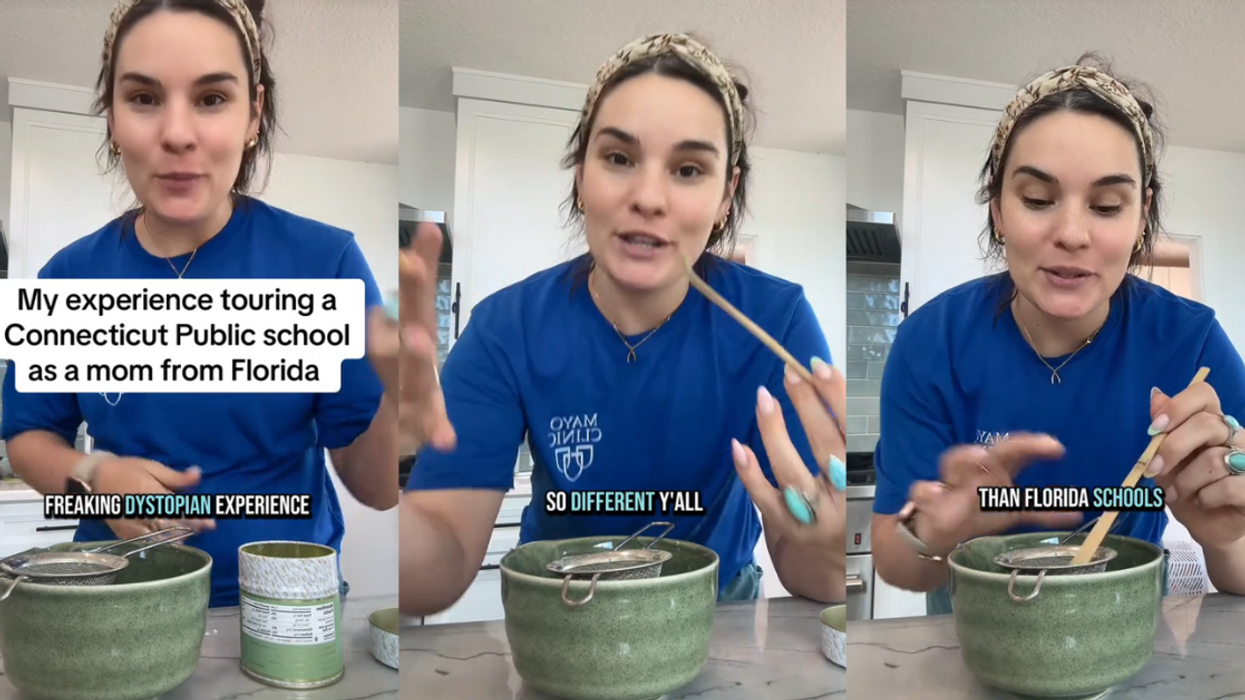


 @AB84/X; @Chase_leon7/X
@AB84/X; @Chase_leon7/X
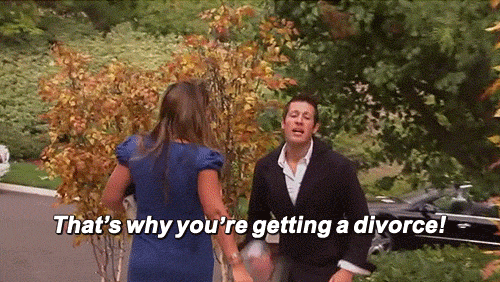 real housewives of orange county divorce GIF
real housewives of orange county divorce GIF 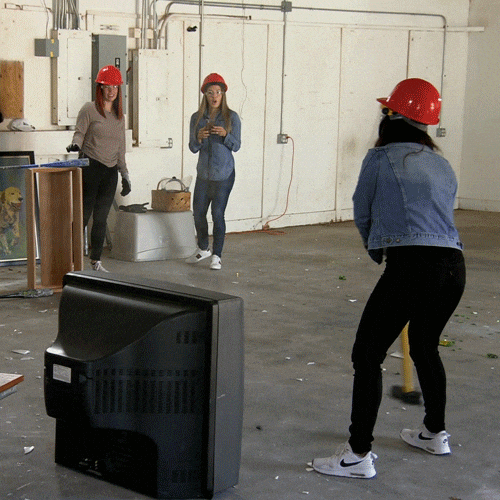 Married At First Sight Lol GIF by Lifetime
Married At First Sight Lol GIF by Lifetime  Penguin Fail GIF by Pudgy Penguins
Penguin Fail GIF by Pudgy Penguins 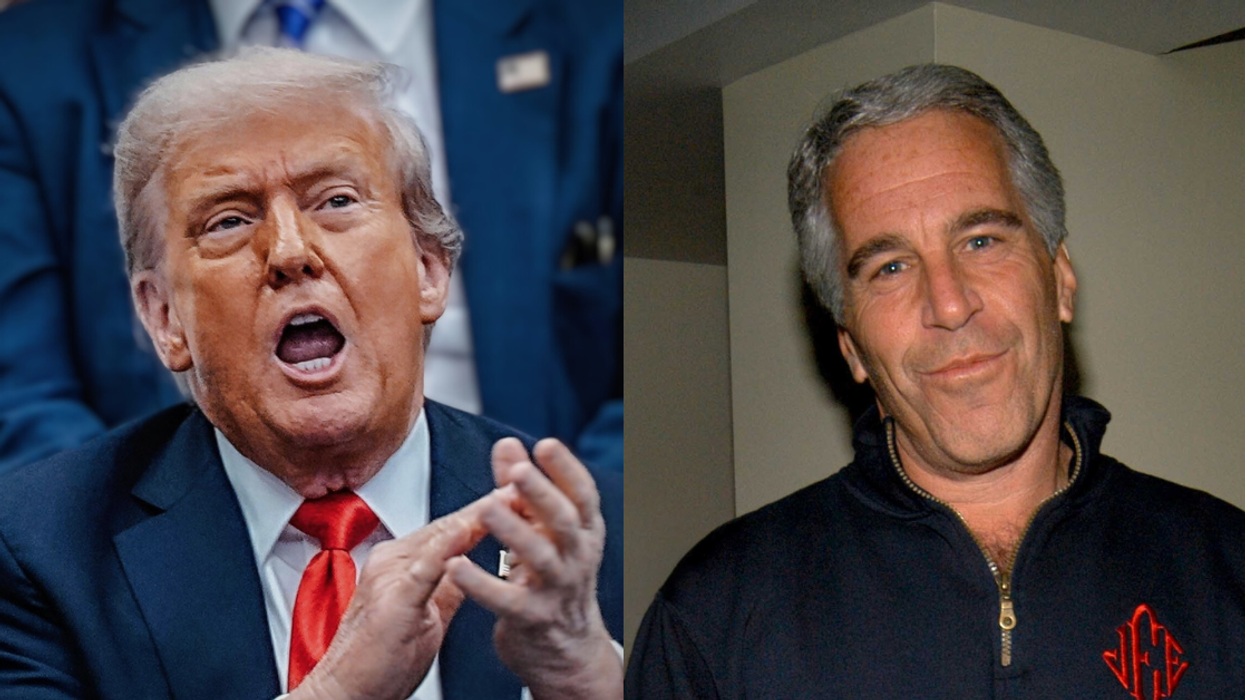
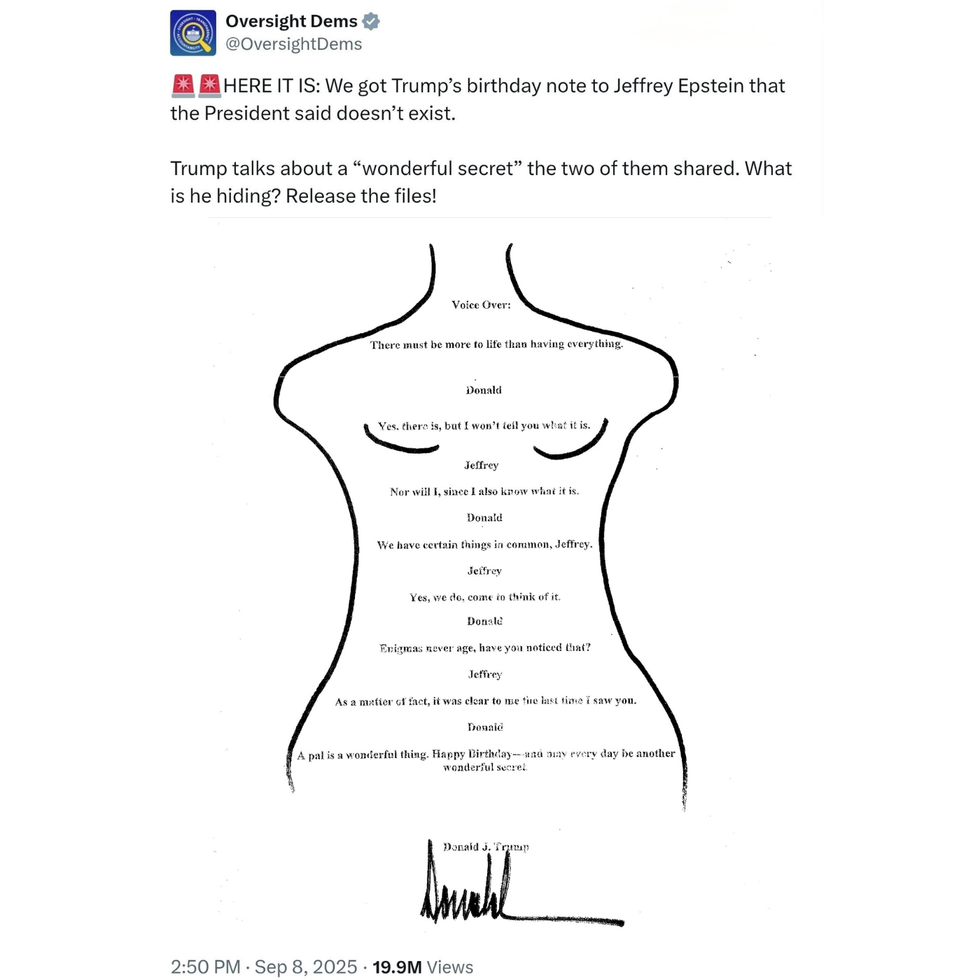 @OversightDems/X
@OversightDems/X @hugolowell/X
@hugolowell/X @JeanPascalMorin/X
@JeanPascalMorin/X